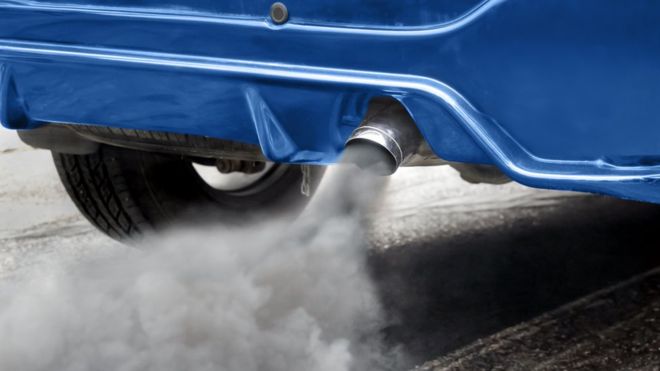Sales of diesel-powered cars fell dramatically last year, declining more than 17% compared with 2016.
People within the industry blame anti-diesel rhetoric from the government, local authorities and clean air campaigners for eroding consumer confidence.
They insist that modern diesel engines are actually very clean and the health risks have been overstated.
They also say that they can play a vital role in helping to cut carbon dioxide emissions, in order to meet climate change targets.
So have modern diesels just been getting a bad press, or do they represent a serious health hazard?
The reality is not as black and white as you might think. It’s true that some diesel engines produce fewer toxic emissions than some petrol engines, but by and large petrol remains the cleaner option.
Although both petrol and diesel engines convert chemical energy into mechanical power by burning fuel, they do so in different ways.
A diesel engine should, in principle, use less fuel and produce less carbon dioxide than a petrol engine with the same power output.
However, this superior efficiency comes at a price. Diesel engines produce higher levels of particulates, microscopic bits of soot left over from the combustion process.
These can penetrate deep into the lungs, causing irritation and potentially triggering asthma attacks.













